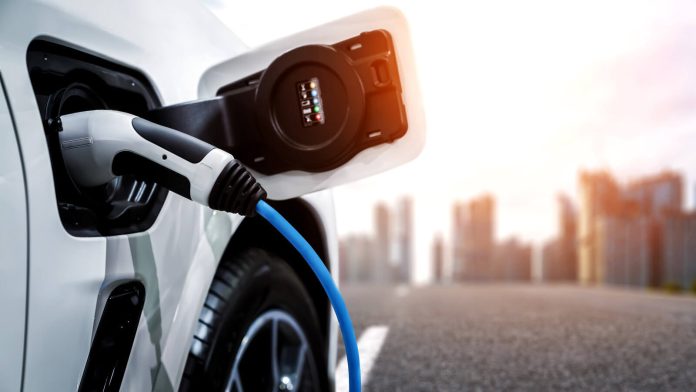According to the latest Bloombergnef study, the cost of lithium-ion batteries for electric vehicles has fallen to the lowest level in the last seven years. The average battery price is now $ 115 per kWh, which is 20% less than last year. In China, this figure has already reached $ 100 per kWh, and some electric vehicles there have become cheaper than gasoline analogues.
The main factors in reducing battery prices are: Battery supply exceeds demand that contributes to price falling. The cost of lithium and other materials required for batteries has decreased. Experts predict that if this trend is preserved, electric vehicles will be equal in price with gasoline cars by 2026. Moreover, by 2030, the cost of batteries can fall to $ 69 per kWh, which will greatly simplify the transition to more environmentally friendly transport.
However, the process of reducing batteries can slow down due to a number of factors: slowing out sales of electric vehicles in some regions, such as Europe, can force manufacturers to reduce production. The decrease in subsidies in Europe has already affected the sale of electric vehicles in Germany. In the US, duties on Chinese imports and cancellation of tax benefits can also slow down progress.
Despite obstacles, the fall in battery prices is a significant step towards the availability of electric vehicles for a wider range of consumers. In China, for example, electric cars are already actively competing with gasoline machines. If governments continue to maintain green transport and solve the issue of excessive supply in the market, achieving price parity with traditional cars will be a reality in the near future.
Thus, the cheaper of batteries not only stimulates the growth of the popularity of electric vehicles, but also accelerates the global transition to environmentally friendly transport.


